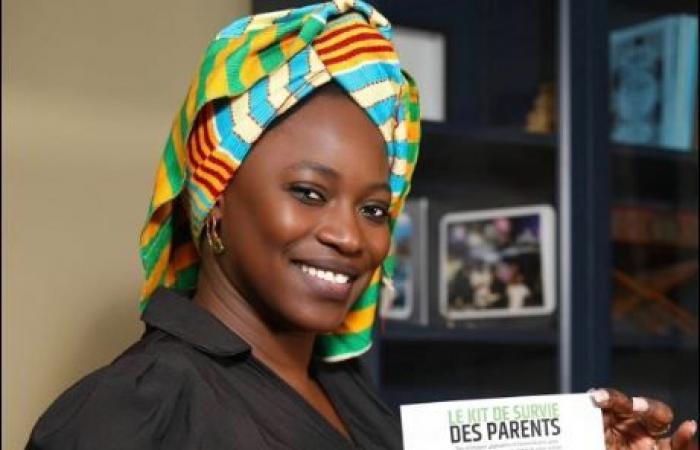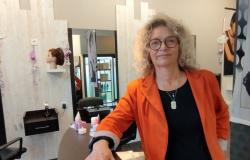How can we help parents develop the best reflexes to successfully educate their children? This is the purpose of the book titled “What if we decided to make our children leaders through conscious and caring education”. The author, Rahmatoulaye Fall, is a teacher specializing in New learning, teaching and assessment technologies. His work will be presented on Saturday January 11.
Practitioner in positive psychology, Rahmatoulaye Fall helps, through her work, parents to offer their children a caring environment and to have tools to boost their self-esteem. The certified teacher in Ontario, Canada, offers them “a survival kit” which includes “winning and caring strategies to promote the overall development of your child”.
The book, entitled “What if we decided to make our children leaders through conscious and caring education”, opens a window on positive parenting which seems to be the antithesis of usual practices in Africa. For the author, everything is movement in this life, parents must follow this dynamic to make their children better and push them to give the best version of themselves. “I do not question the way of educating Africans. I draw attention to the interpretation arising from our system. There are many stereotypes that have been established, but it is necessary to take into account social developments, especially since stereotypes relate to ideas received at a specific time, by a specific group, in a specific context,” confides R. Fall during an interview. According to her, “certain truths should not be generalized.”
Methods
In this regard, the teacher urges parents to review their educational methods, thus calling into question the relevance of the violence exercised on the child. She cites the adage according to which “joyu xallé mo genn joyu magg” (editor’s note: it is better a child who sobs than an adult who cries).
In the book, “the adults who whined today were the children who cried yesterday.” Ms. Fall adds a layer: “All these grumpy and bitter adults are only the consequence of a frustrated childhood. In every corner, you can find a “German Father” and a “Mother Metti”, that is to say adults very marked by the wounds of their childhood, emotional wounds from which they have not been able to heal. The author seized this breach to raise a question: “Aren’t all these wounds the direct consequences of stereotypes, of these preconceived ideas of our cultural heritage? “.
Holder of a master’s degree in teaching, learning and evaluation, Rahmatoulaye Fall draws a conclusion in one of his chapters: “a child whose fundamental needs have not been taken into account and met will not be able to achieve personal development to become an accomplished adult,” adds the specialist teacher to New Learning, Teaching and Assessment Technologies. It also indexes popular beliefs which place women in an uncomfortable position, with a real impact on the education of children. The expression, anchored in collective imagery “Jigen soppal té bul wolu” (meaning appreciates women but never trusts them) is included in this register. “This is the most malicious stereotype against women. It is completely discriminatory. It attributes to women one of the most ungrateful characteristics: they are not trustworthy,” she specifies before returning to this need to promote the role of women to the extent that. she assumes, in her words, such a great and beautiful social responsibility.
Examples of this kind are highlighted in the book, with a fairly solid argument to encourage parents to change their behavior, to contribute to the emergence of young leaders backed by cultural values but open to the outside world.
For this, the author believes that expressions like “Xalé xamul Yallah wayé xamna yarr” (the child is more receptive to the stick than to the Good Lord) no longer have their reason for being. “It is undeniable that one of the worst educational errors inherited from our limiting beliefs is the idea that children are more receptive to violence than to caring and religious education. However, it is important to find in religious writings the bases which contain resources for a positive education free from moral or physical violence.
Rahmatoulaye Fall, initiator of “Rahma’s class” widely followed on social networks, offers, among other things, the psychopedagogy of the late spiritual guide Serigne Saliou Mbacké to change the situation. She finds it possible for parents to combine benevolence and firmness and to establish a difference between authoritarianism and authority.






